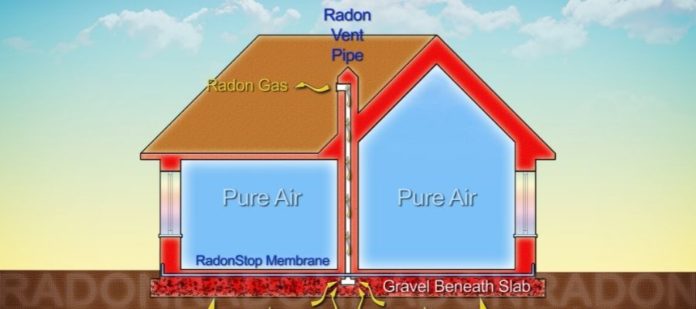Many hazardous gases can sneak into homes, posing a significant safety threat to anyone inside. One of these dangerous gases is radon, a naturally occurring but harmful material. That said, common misconceptions about the topic still flourish.
Misinformation about radon is particularly dire due to its link to lung cancer. That said, don’t worry; keep reading this guide to learn the most common myths about radon in homes so that you can quickly learn whether you’re at risk.
Radon Testing Is Laborious
A common misconception about radon testing is that it’s inconvenient. However, running tests is a straightforward process. For instance, homeowners can find kits for checking radon presence in their homes themselves.
That said, hiring professional radon specialists will help you attain more accurate test results. More specifically, a radon mitigation specialist is invaluable because they can help you repel incoming radon. Plus, given how dangerous radon is, a professional inspection is well worth the investment.
Radon Isn’t a Problem
Research regarding radon’s link to lung cancer is nothing new. However, skepticism regarding radon’s danger continues running rampant. Radon is a byproduct of radioactive metals in the soil around your home, so it’s not a material that humans should have in their lungs.
This hazardous gas seeps from rocks and soils around your house, which is why experts can successfully repel it from coming inside. Learning how radon mitigation systems function is crucial for homeowners because not everyone is aware of these solutions. Luckily, the sooner you identify radon levels in your home, the quicker you can find a way to diminish its presence.
Radon Only Affects Old Homes
Unfortunately, one of the most common myths about radon in homes is that it’s only present in old properties. Despite this common misconception, radon continues striking homes of all types. So whether you’re building a new home or buying an existing property, radon can be a problem. Contact an expert to run tests anytime you change homes to ensure you don’t expose yourself to excessive radon.
Likewise, if you’re new to the subject of radon and have lived in a home for years, it’s not too late; find a local expert who can help stop the titular gas from entering your home and causing avoidable health issues.






















